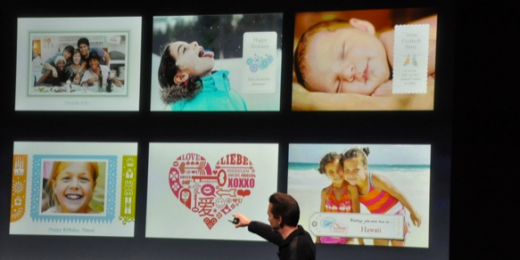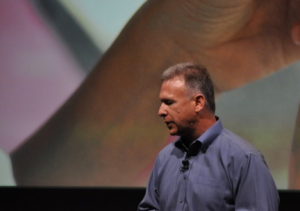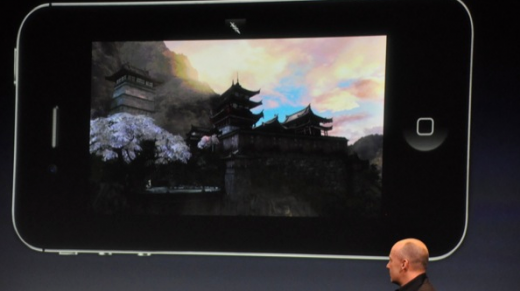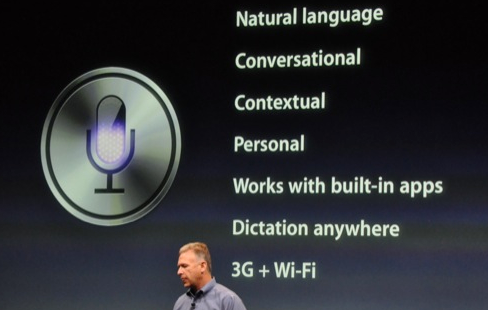We're putting the latest Windows Phone 7.5 driven HTC device, the Titan, up against its fraternal rival, the Sensation XEIf you're undecided whether to put your money behind Microsoft's Windows Phone platform or Google's world conquering Android, today's comparison may help you out as we aim to see which device brings more to the market – the Mango flavoured HTC Titan or the Android-driven Sensation XE.
Power The HTC Titan is powered by a Qualcomm MSM8255 chipset which consists of a 1.5GHz single-core Scorpion processor and an Adreno 205GPU.
The inclusion of 512MB RAM, when Android rivals are looking to move beyond 1GB, is a disappointment, but not one which affects the stability or speed of the device a great deal.
The Sensation XE takes the 1.5GHz processor of the Titan and doubles it, with its Qualcomm MSM 8260 Snapdragon chipset. The GPU on offer is also beefier and the Adreno 220 should cope well with games and eye candy for the foreseeable future.
It's a pity HTC didn't choose to upgrade the device's RAM though. 768MB is plenty for now, but it won't allow the device to age quite as gracefully as some of its peers.
Winner - HTC Sensation XE
Camera Optics aren't HTC's strong suit, but we've taken a look at what these devices offer nevertheless.
The Sensation XE packs the same 8-megapixel as the original Sensation, which includes dual-LED flash, autofocus, geo-tagging, image stabilisation, face detection and instant capture.
While the spec-sheet sounds impressive it isn't all that it's cracked up to be. Image quality is unreliable at best, though it's capable of snapping some half decent snaps in good light.
The device also captures video at 1080P and boasts a secondary VGA camera for video calling.
The Titan features an 8-megapixel camera too, with autofocus, LED-flash and geo-tagging and we've yet to see some real world examples of its product, so we can't pass judgement at this stage.
The device also captures 720P video and offers a 1.3-megapixel front-facing camera for video calling.
Winner - HTC Sensation XE
Software HTC's Titan ships with version 7.5 of Microsoft's Windows Phone operating system, otherwise known as 'Mango', and we're more than pleased with the choice of OS.
The platform is nice to look at, easy to use and features some excellent upgrades over the original release, such as beefed-up social network integration, threaded emails and the new Internet Explorer 9 which features a souped-up new Javascript compiler, making it a very fast phone to surf upon which to surf the Web.
There are too many updates to list them all individually but Microsoft has assured users there are 500 updates, so rest assured you'll find plenty to impress.
The Sensation XE runs on version 2.3.4 of Google's Android OS, and the device performs excellently on the platform.
The device is fast, stable and secure and offers users the benefit of the hundreds of thousands of apps in the Android Market, an eminently customisable user interface (made all the better by HTC's own Sense UI) and all the social network integration you can shake a stick at.
For now we still prefer Android, but Microsoft has done a great deal to buoy our confidence in its OS with Mango!
Winner - Draw
Screen The HTC Titan features a 4.7-inch S-LCD screen which operates at a resolution of 480 x 800 and a pixel density of 199ppi - which is less than stellar.
The Sensation XE weighs-in with a smaller S-LCD screen, at 4.3-inches, but one with a greater resolution (540 x 960) and much more impressive pixel density of 256ppi.
Side-by-side there isn't a world of difference in their real world application, though if you're big on visuals and watch a lot of content on your smartphone you'd be better off siding with the higher quality display of the Sensation XE.
Winner - HTC Sensation XE
Form HTC Titan - 131.5 x 70.7 x 9.9 mm, 160g
HTC Sensation XE - 126.1 x 65.4 x 11.3 mm, 151g
Both devices, being HTC, are of a generally high build quality. The use of high quality materials add greatly to the general aesthetic of both smartphones too, giving them both a leg-up over the plastic fantastic devices on offer from other manufacturers.
Neither will feel like a mill-stone in your pocket, but at 160 & 151 grams they won't feel floaty light either, but a reassuring weight is underrated in our opinion and both devices offer a nice balance and feeling in the hand.
Winner - Draw
While the Sensation XE has taken the tape first in this comparison it's fair to say that HTC has two winners on its hands overall.
The Titan is a fine looking, well-appointed 'Mango' device which will benefit immeasurably from the inclusion of this latest iteration of Windows Phone. It's nice to look at, nice to use and slick - nearly as slick as another fruit-based competitor!
The Sensation XE is a great device, and owing to the more polished OS, improved drive-train and smaller chassis its able to hold off the steady advances of the Titan.
We aren't sure for how long though.






 10:28 AM
10:28 AM
 Simranpal SIngh
Simranpal SIngh



















